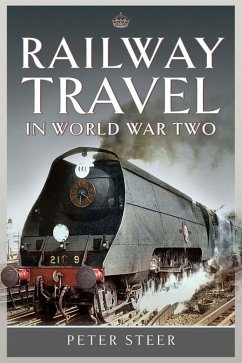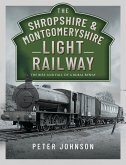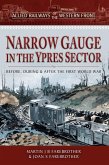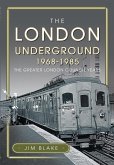The popular image of railway travel during the Second World War is that of a sparse service of dirty and grossly overcrowded trains that were forever being delayed. The iconic 'is your journey really necessary' poster campaign is credited with discouraging the public from traveling by train. This book questions these assumptions and examines the mobility requirements of the British public during the war years and aligns these to the level of service provided by the railways. Throughout the war the railways were managed by the Railway Executive Committee (REC) whose members were all senior railway officers. The conflicts between the REC and the government in respect to controlling passenger numbers on the railway system, which was overcrowded with essential additional war related freight traffic, are examined; as are the propaganda campaigns aimed at restricting 'unnecessary' travel. The public's response to the travel restrictions are analyzed to determine how railway passengers' attitudes and reactions corresponded to the publicly accepted mythology. Many British citizens did reduce their railway journeys, but for others who had previously had little need to travel by train, the exigencies of war resulted in them having to make long and often difficult journeys by rail.
Dieser Download kann aus rechtlichen Gründen nur mit Rechnungsadresse in A, B, BG, CY, CZ, D, DK, EW, E, FIN, F, GR, HR, H, IRL, I, LT, L, LR, M, NL, PL, P, R, S, SLO, SK ausgeliefert werden.









